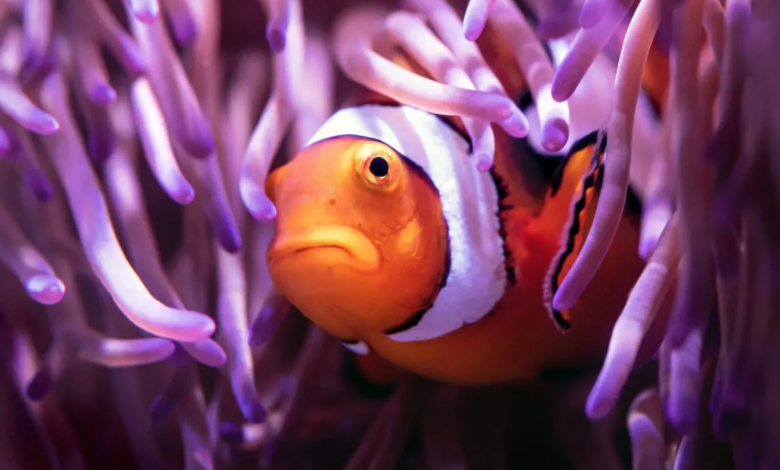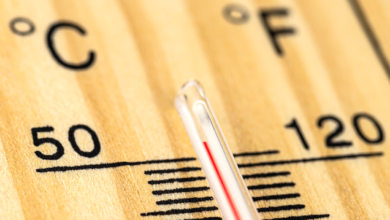Half the world’s coral reefs have 13 years to live

Even in the best and unlikely emissive scenario, 42% of coral reefs are under stress in 2100
(sustainabilityenvironment.com) – In the worst-case scenario, already in 2035 half of the world’s coral reefs will be subjected to excessive stress due to climate change. Sooner than scientific studies have predicted so far. The reason lies in the stress factors to be considered. If you only look at a stressed driver, like ocean acidification or sea surface temperature, reef deterioration happens later. But this is not a realistic situation. Why are coral reefs important?
This is stated by a new study appeared on PLOS Biology in which a team of researchers from the University of Hawaii worked. To project the impact of the climate crisis on coral reefs around the world, scientists used CMIP5 prediction models to simulate the evolution of 5 environmental stress factors (acidification, surface water temperature, tropical storms, land use and human population trends) from historical scenarios up to 2100.
Read also Mass death of corals, affected 91% of the coral reef
The result? In an emissive scenario consistent with that of today, on average it is 2050 the year when conditions for the reefs become unsustainable if you look at a single stress factor. If you consider more than one, the date is brought forward to 2035. In any case, by 2055 virtually all coral reefs (99%) will face an intolerable situation for at least one of the 5 stress factors. That’s 93% in 2100 for two or more factors.
“Although the negative impacts of climate change on coral reefs are well known, this research shows that they are actually worse than expected due to a wide combination of stress factors induced by climate change”, according to lead author Renee Setter.





